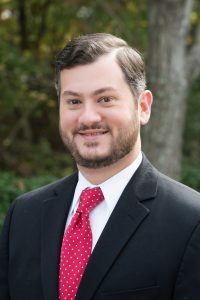
Adam Marshall
Our clients often ask us what can be done about homeowners who are clearly violating the Association’s governing documents. Both the North Carolina Planned Community and Condominium Acts (“Acts”) have mirror provisions and procedures for the imposition of fines. Imposing fines often causes a great amount of heartburn for Boards as they are tasked with enforcing the Association’s governing documents against a neighbor. While it can be an uncomfortable position to be in, our advice is that if the Board is not willing to enforce their governing documents, the documents might as well not exist. Furthermore, if Associations ignore violations it could be argued that they are waiving their ability to enforce those particular provisions of their governing documents in the future. Therefore, we strongly recommend to our clients that they enforce violations and that they not let too much time pass before taking appropriate action.
Both of the Acts call for a very specific procedure for imposing valid fines. Unfortunately, all too often, mistakes are made in the statutory process that make assessed fines difficult, if not impossible to enforce. NCGS 47F-3-107.1 and 47C-3-107.1 state that an owner who is alleged to be in violation must be given notice of the violation, an opportunity to be heard and to present evidence, and notice of the decision. If those required steps are not taken, fines are likely unenforceable. Common mistakes include fining without a hearing, failing to include a hearing location in the notice document, putting an incorrect date for the hearing, and fining without giving notice of the decision.
In order to be in the best position to enforce fines before a Court or Clerk of Court, it is imperative that Associations follow the proper procedure. Our attorneys at Law Firm Carolinas have extensive experience in composing hearing documents, assisting Boards in holding hearings, and in the collection of properly imposed fines. If your Association needs assistance in this process, please contact one of our HOA attorneys in either of our Greensboro or Charlotte locations. The attorneys at Law Firm Carolinas are glad to assist clients throughout North Carolina and South Carolina

